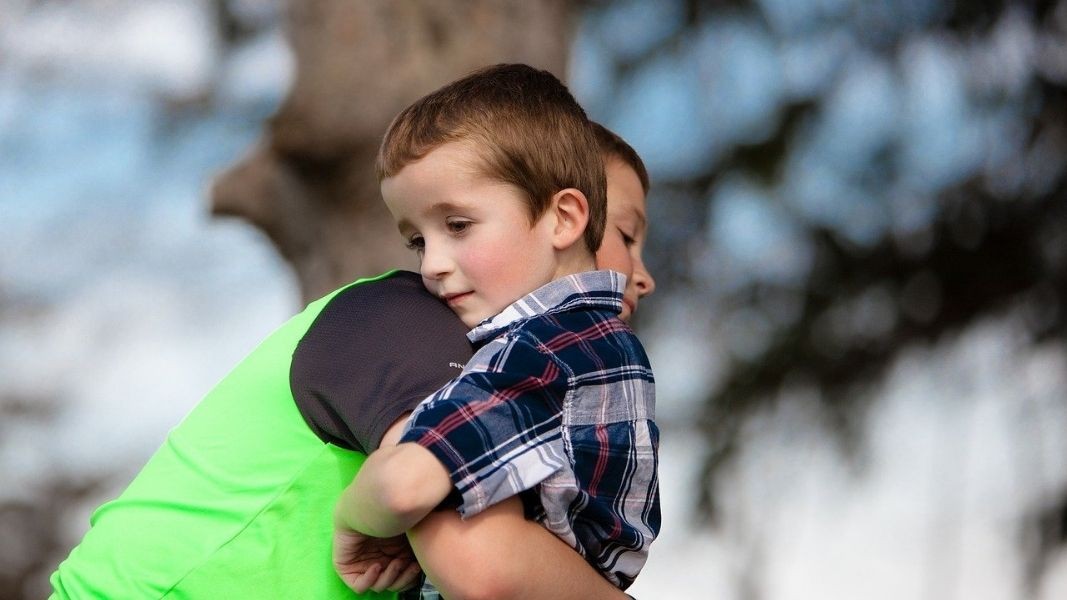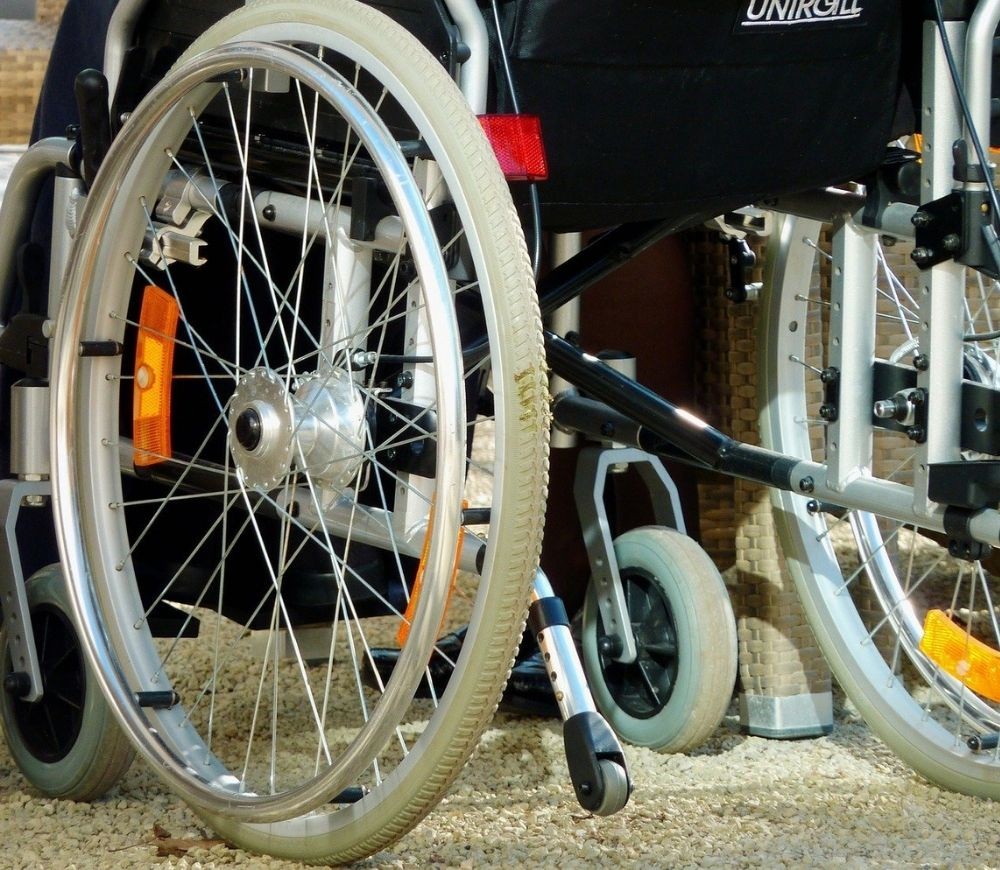The Ukrainian refugees coming Bulgaria find food and shelter. However, this is not enough for the children and people with special needs, who are left with almost no care.
“Bulgaria is by no means prepared to receive such people. It cannot help its own people with disabilities, let alone cope with a wave of refugees who are in bad health. The main burden falls on the volunteers, mostly mothers of children with disabilities who provide the refugees with necessities”, said Adelina Banakieva, volunteer and civic activist, who has been trying to help Bulgarians with special needs for many years.

Adelina Banakieva has traveled thousands of kilometers to the Bulgarian border and back and sent thousands of signals and letters to the state institutions. She has been involved in raising funds for the purchase of special foods, wheelchairs, ambulances and assistive devices.
There is not a single center for palliative care in Bulgaria which could temporarily provide shelter for child refugees with special needs. There is a shortage of medicines and ambulances. There are no conditions for Ukrainian refugees with HIV, cancer or disabilities, Adelina Banakieva went on to say.
“This is a systematic problem which has now come to the forefront- Adelina explained. - A very serious amendment to the legislation is needed, because the situation is critical. We have been strongly committed to helping these people since the beginning of the war. We have been somehow trying to get them out of Bulgaria to save them from our peace-time reality.”

Volunteers with disabilities are ready to stand on the border with posters reading “People with disabilities, please do not come to Bulgaria!”
“We are trying to prevent the arrival of Ukrainians with disabilities fleeing war, who would start a battle with our health system. These people do not deserve it. We pray that such people will not come here, because we are unable to help them as we have not ensured the necessary conditions. Our helplessness is due to the daily lives of the people with disabilities in Bulgaria. We have not ensured an accessible environment. There are not enough hotels to accommodate these people. Not to mention the lack of social services and medical treatment.”
Ukrainian refugees with special needs arriving in Bulgaria must apply for an international protection, in order to receive the necessary medical care. That is why they must contact with the local crisis headquarters.

“The refugees with special needs should turn to the crisis headquarters. At one point, they resort to the help of volunteers after trying to contact with the state first. However, I don’t know how long we can hold up - Adelina Banakieva admitted. – We are calling on the authorities to launch a single hotline for people with special needs and people with disabilities. Thus, volunteers will be able to contact the hotline directly when they want to help a refugee fleeing the war, a person with disability or a person with special needs.”
English version; Kostadin Atanasov
Photos: Facebook /Adelina Banakieva, Pixabay , libraryThe usurpation of cultural heritage is one of the many inevitable consequences of any military conflict, both historically and today. Until the end of the war in Ukraine, it is impossible to adequately analyse the extent of the damage caused to the..
Athens plans to modernise the Greek army by 2030 Greece's Defence Minister Nikos Dendias presented the plan for changes in the army to the parties in parliament. The reforms will cover all three branches of the military. By 2030, 33 units..
A short video kaleidoscope of the "untold stories" of worthy Bulgarians - scientists, entrepreneurs, engineers, artists - who have contributed to our country's good image in the eyes of the world opened an unconventional public forum that showcased the..
According to the Annual Report on the Health Status of Bulgarian Citizens for 2023, t he main cause of death in Bulgaria is diseases of the..
At the Bulgarian Embassy in London, Prof. Bettany Hughes presented excerpts from the new BBC series - Wonders of Bulgaria. Prof. Bettany..
Over 3.5 million Ukrainians have arrived in or passed through Bulgaria since the beginning of the war. Nearly 200,000 people have found temporary..

+359 2 9336 661
